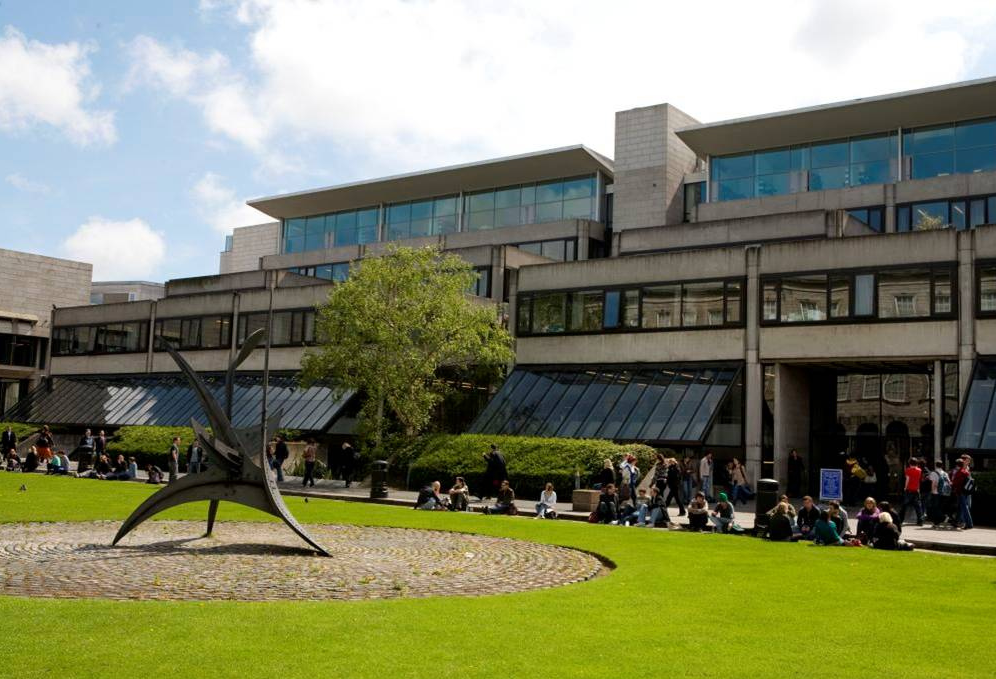
In line with increasing student numbers, the candidates emphasised the importance of improving the resources and supports available to students, particularly the provision of study space and desks, library resources, the need to extend the student mentoring programme and the refurbishment of the 1937 Reading Room. All candidates emphasised the importance of raising awareness of mental health and the counselling service, and planned to lobby for the improvement of student supports in this area. The allocation of funding and the question of increased funding for PhD students were also raised.
Tom Roberts, one of three candidates running for GSU vice-president, highlighted the issue of accommodation and the importance of providing more accommodation supports and advice, particularly for students from abroad. Presidential candidate Raj Bajaj, who is studying for a master’s degree in business and management, also cited accommodation as a big issue for postgraduate students, commenting, “As soon as they move here they feel very vulnerable, with no connections.” Bajaj emphasised the need for more advice in sourcing accommodation if postgraduates do not obtain rooms on campus.
Discussion about the relationship between the Students’ Union (SU) and the GSU was prompted by an audience question from SU president, Domhnall McGlacken-Byrne. Candidate for the position vice-president, Stephanie Wallace Chavanne, said she has already been in contact with current SU sabbatical officers and that she aims, if elected, to maintain the positive relationship and communication between the two unions. Fellow candidate for the position of vice-president, Gianna Hegarty, added, “The main thing would be keeping honest and open communication.”
When asked by current GSU president, Meg Lee, if a specific union was needed for graduate students, both Crowther and Bajaj spoke of the distinct role of the GSU in addressing the specific needs of postgraduate students. Bajaj commented that “while there is room for co-operation” with the SU on common issues such as accommodation, “keeping the distinction between the unions is essential.”
All candidates emphasised the importance of cultivating a sense of community among postgraduate students and increasing student engagement with the GSU. Drawing on her experiences as a final-year PhD and former MPhil student in the School of History and Humanities, Gianna Hegarty noted the stress and sense of isolation that postgraduate students may experience and, consequentially, the importance of fostering a sense of community and organising a range of events during the year. Wallace Chavanne is also keen to see events that attract students from all faculties and students who are not on the main Trinity campus. She highlighted the need to get feedback from students regarding the most suitable times for student events. In order to engage students from a diverse range of backgrounds, Katie Crowther proposed that the GSU work more closely with Trinity College Global Relations to promote and fund events.
Many of the candidates were keen to see the GSU provides more opportunities for networking and expand postgraduate academic events. If elected, Hegarty plans to develop greater connections among Trinity students and other postgraduates in Irish universities. Tom Roberts, a master’s student in the Department of History, intends to introduce an academic journal specifically for postgraduates in the Faculty of Engineering, Mathematics and Science.
Voting in the Arts Block and Hamilton Building opens today, Thursday 23rd April, at 9am. Voting at St. James’s takes place from 12pm-3pm today.






